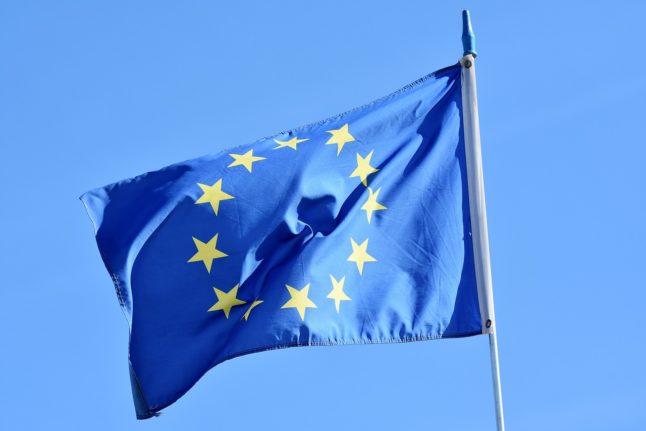The Republican and Tea Party favorite, who is running for re-election in the House of Representatives, made the U-turn announcement a day after a spokesperson said Bachmann was taking up Swiss citizenship for which she has been eligible through marriage for years.
“Today, I sent a letter to the Swiss Consulate requesting withdrawal of my dual Swiss citizenship, which was conferred upon me by operation of Swiss law when I married my husband in 1978,” the Minnesota congresswoman said in a statement.
“I took this action because I want to make it perfectly clear: I was born in America and I am a proud American citizen. I am, and always have been, 100 percent committed to our US Constitution and the United States of America.
“As the daughter of an Air Force veteran, stepdaughter of an Army veteran and sister of a Navy veteran, I am proud of my allegiance to the greatest nation the world has ever known,” she added.
On Wednesday, US media quoted Bachmann’s spokeswoman Becky Rogness as saying that some of the couple’s children had recently “wanted to exercise their eligibility for dual-citizenship so they went through the process as a family”.



 Please whitelist us to continue reading.
Please whitelist us to continue reading.
Member comments